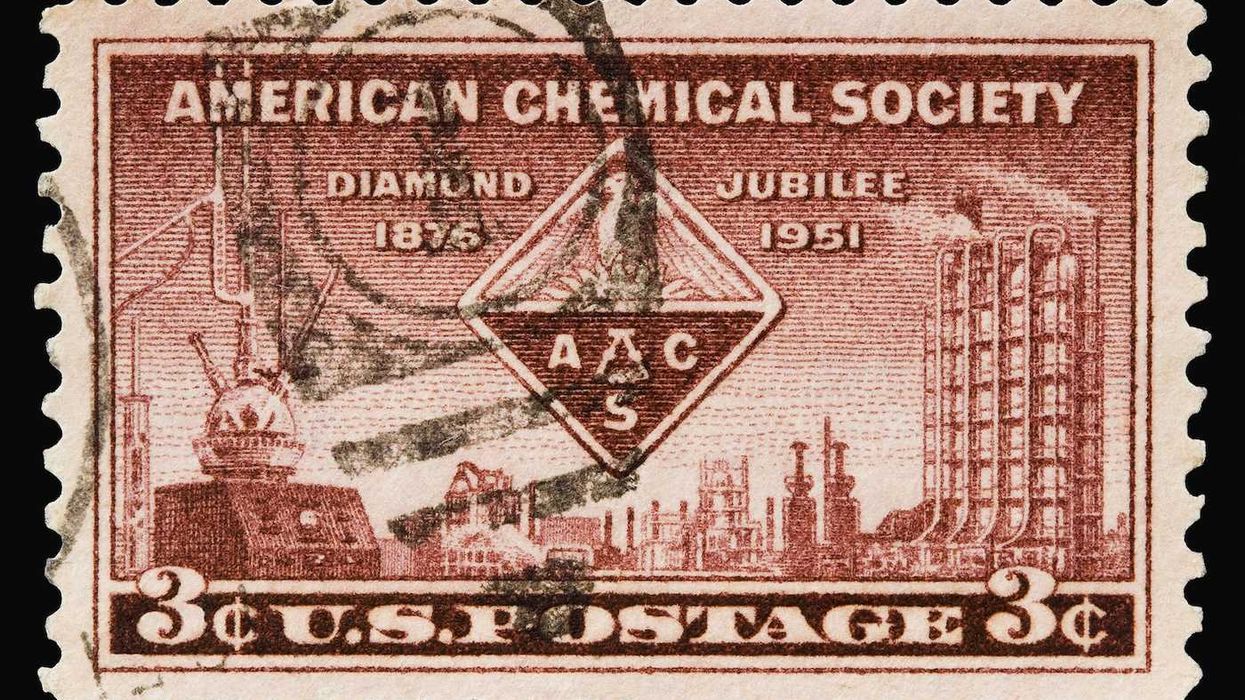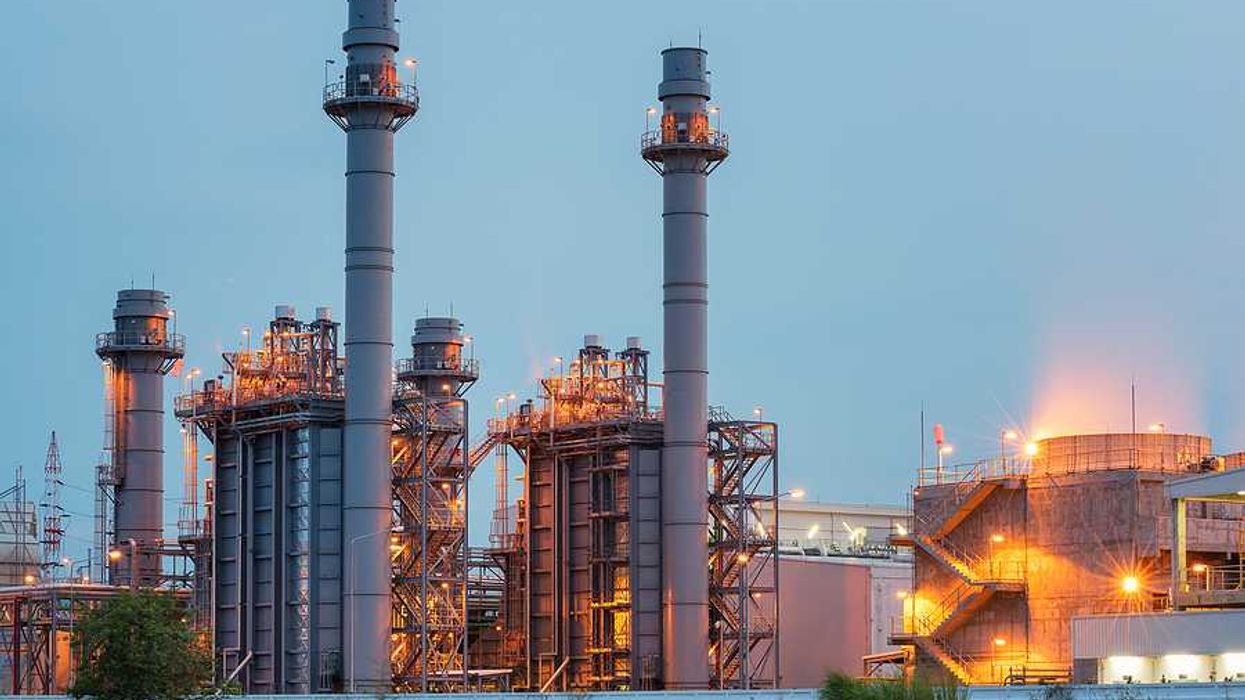An uncontrolled blowout in Texas's Permian Basin has caused a geyser of oily water, releasing hazardous hydrogen sulfide gas into the air while authorities try to identify the responsible party.
Sharon Kelly and Justin Hamel report for DeSmog.
In short:
- A blowout near Toyah, Texas, sent water mixed with oil, salt and gas over 100 feet into the air.
- Hydrogen sulfide, a dangerous gas, was detected two miles downwind from the site.
- Although earthquakes have plagued the Permian Basin for years, instances of wastewater blowouts might be increasing.
Key quote:
“The levels of H2S on my gas monitor were exceeding the limits of the monitor, which is 200 parts per million of H2S.”
— Hawk Dunlap, well control specialist.
Why this matters:
Uncontrolled blowouts can release toxic substances into the air, harm local environments and potentially trigger more seismic activity due to wastewater injection in oil-producing regions.
Read more:














